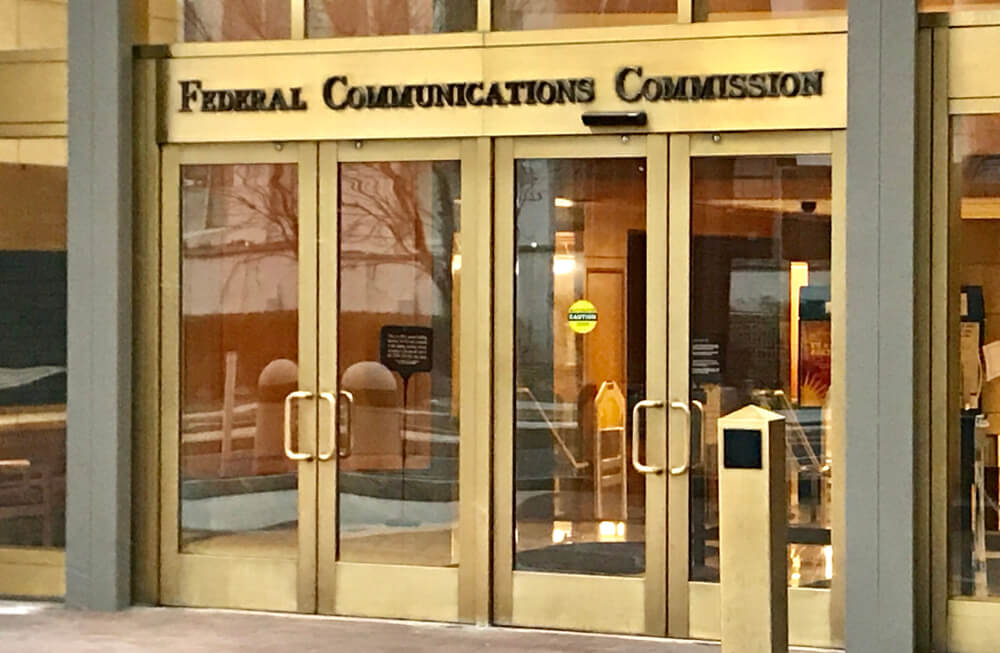In fact, free speech was never an issue. "Facebook is an idealistic and optimistic company," Mark Zuckerberg said of his "beloved child" in April 2018 at a hearing in the US Senate. The primary focus of the hearing was the misuse of personal data belonging to network users.
The decision by the owner of Meta to remove fact checkers from his two gigantic platforms, Facebook and Instagram, lacks idealistic qualities. Mr Zuckerberg certainly possesses optimism, as his decision will not only earn him the respect of the new US president and his administration but also of millions of their conservative admirers, who firmly believe that no invisible forces or censorship should tamper with the content on social media.
Meta's platforms are making a significant shift, adding to the already unstoppable changes that are depriving the mainstream of political communication of effective filters against fake news, hate speech, and conspiracy theories. More importantly, Meta is joining the train that Elon Musk is already on with his X; in fact, he is one of the drivers of this train.
"Fact checkers have been too politically biased and have destroyed more trust than they’ve created," said Zuckerberg last Tuesday, announcing a major change in the content moderation regime on his platforms.
Personnel changes
There was immediate applause of support from Donald Trump as he makes final preparations to begin his second presidential term. "I think they’ve come a long way. I watched it, the man was very impressive," said Trump.
The man to whose statement Trump reacted very positively is Joel Kaplan, a prominent Republican and, since the beginning of this year, Meta's top policy executive. He replaced in that position Mr Nick Clegg, former UK Deputy PM.
Meta and Zuckerberg are putting an end to the conflict with Trump
The personnel profiling of Meta's leadership goes hand in hand with a shift in the company's policy regarding content self-regulation. Trump's and his ideological and operational environment's views, but also views of millions of followers in the US, strongly align with both processes when it comes to political communication through social media.
With these changes, Meta and Zuckerberg are putting an end to the conflict with Trump, which culminated in the suspension of Trump's accounts after his supporters attacked the US Congress on 6 January 2021—or at least want to make it look that way.
Back to the jungle
Zuckerberg announced the changes in a tone that was a mix of contrition and determination to return to business without the constraints of content regulation that had pressured him in recent years.
"We’re going to get back to our roots and focus on reducing mistakes, simplifying our policies and restoring free expression on our platforms," said Zuckerberg.
Returning to the roots, in this context, means returning to the jungle of unmoderated content, devoid of competent fact-checking, that is, at a time when governments, under public pressure, were looking for a way to establish some kind of mechanism with platform owners to remove false and threatening content from networks.
According to Meta's new policy, moderation will be left to Community Notes instead of professionals
According to Meta's new policy, moderation will be left to Community Notes instead of professionals, following the model already used by Musk's X, where the credibility of the content will be controlled by "ordinary" users.
"The decision to remove independent journalists from Facebook’s content moderation programme in the United States has nothing to do with free speech or censorship. Mark Zuckerberg’s decision could not be less subtle," said Aaron Sharockman, the executive director of the fact-checking site PolitiFact, a Pulitzer winner.
This is just one of the organisations whose journalists have been fact-checking content on Meta's platforms for years and will no longer be involved. Their dismissal from Meta means a not-at-all-symbolic defeat of professional, fact-based journalism against so-called civic journalism or public reporting, which has never been obligated to stick to the truth and facts.
What will the Europeans' response be?
According to Mark Zuckerberg, Meta's shift regarding content moderation will start in the US, with the change in presidential administration on 20 January being the primary cause.
Trump's new head of the Federal Communications Commission, Brendan Carr, will be the first to applaud Meta's and Zuckerberg's shift for doing exactly what he asked.
 The new Meta rules will not cause any issues with the incoming US administration; on the contrary - Federal Communications Commission
The new Meta rules will not cause any issues with the incoming US administration; on the contrary - Federal Communications Commission
"You participated in a censorship cartel that included not only technology and social media companies but advertising, marketing, and so-called "fact- checking" organisations as well as the Biden-Harris Administration itself," Mr Carr wrote to Zuckerberg and to the heads of Alphabet, Microsoft, and Apple a week after Trump won the presidential election.
This letter, and especially its post-election timing, was a clear threat to the tech giants that the new administration will not tolerate their efforts to control the veracity of content on social media.
Therefore, the new Meta rules will not cause any issues with the incoming US administration; on the contrary. However, it remains uncertain what kind of response Zuckerberg might encounter if he decides to expand the new Meta rules to Europe.
Taken aback by Meta's shift, the European Commission announced that it "takes note of Meta's announcement" and that it "keeps monitoring." But at the same time, it reminds, that large platforms, such as Meta, have an obligation under the European Digital Services Act (DSA) to conduct a risk assessment before each change and to inform the regulators in Brussels about it.
This means that content moderation on the giant Meta's platforms will be another important point on the already long list of potential confrontations between Europeans and the new US president.